Las Vegas is everything right — and wrong — with sports right now
The Las Vegas Golden Knights are a dream. The Las Vegas Raiders will be a nightmare.

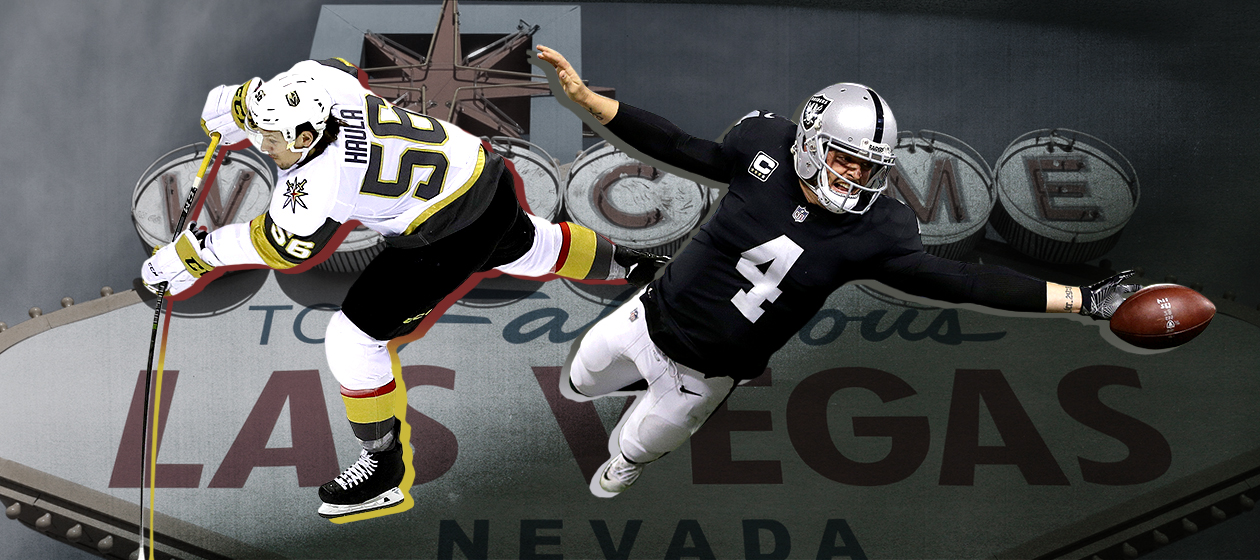
A free daily email with the biggest news stories of the day – and the best features from TheWeek.com
You are now subscribed
Your newsletter sign-up was successful
The Vegas Golden Knights are the people's team.
Comprised of underappreciated workhorses plucked during an expansion draft less than a year ago, the Knights not only stormed into the NHL and won their division in their inaugural season, but they've advanced to within one round of the Stanley Cup final. (Their conference finals series with the Winnipeg Jets is tied 1-1.) They played their first home game in the wake of one of Las Vegas' darkest days, and they've beaten the odds every day since.
Crucially, however, the Knights are not literally the people's team. Unlike many reborn or relocated franchises in recent history, the Knights received no taxpayer subsidies to build their gleaming new arena. Instead, their brand-new T-Mobile Arena, opened in 2016, was entirely privately financed.
The Week
Escape your echo chamber. Get the facts behind the news, plus analysis from multiple perspectives.

Sign up for The Week's Free Newsletters
From our morning news briefing to a weekly Good News Newsletter, get the best of The Week delivered directly to your inbox.
From our morning news briefing to a weekly Good News Newsletter, get the best of The Week delivered directly to your inbox.
This is a big deal.
Over the last several decades, most new sports stadiums in America have been constructed with a hefty helping hand from taxpayers. Team owners have convinced both the public and local politicians that such contributions are the only way to ensure new venues are built and that beloved teams don't bolt for other cities. Front-office executives spin tales of economic renewal and booming job creation, if only taxpayers would dedicate their hard-earned dollars to a massive stadium construction.
Between 1990 and 2010, this gambit worked. The public spent some $20 billion on new stadiums and arenas all over the country, and billions more have been spent on similar construction since.
But Las Vegas didn't bite. Not only was the Knights' $375 million home built entirely without public money, but the city's residents and some members of the city council also rebelled against an effort in 2015 to build a stadium for a Major League Soccer team. Bad stadium deals were a bet that other towns made — not Sin City.
A free daily email with the biggest news stories of the day – and the best features from TheWeek.com
However, in 2017, the Nevada state legislature bafflingly reversed course. Tantalized by the prospect of a hometown NFL franchise, lawmakers agreed to spend some $750 million on a new stadium for the NFL's Oakland Raiders. Not even 12 months after the vaunted T-Mobile Arena opened its privately funded doors, and mere months before the Knights embarked on their history-making debut season, Las Vegas shelled out the largest stadium subsidy in American history to attract a football franchise.
Sin City thus epitomizes everything that is right and wrong with the world of sports: An inspirational homegrown squad that took no money from the public is making a Cinderella playoff run not two miles from where another city's football team will set up shop, lured by a craven, boneheaded funding giveaway that will cost the Vegas public dearly.
There's little reason to think that bringing the Raiders to Vegas will be worth the cost. Historically, stadium subsidies have been proven to be massive wastes of money that bring few of the promised benefits. In 2015, sports economist Dennis Coates surveyed stadium construction in the five biggest American sports leagues — the NFL, NBA, NHL, MLS, and MLB — and found that not only did building stadiums add little to the local economy, but in many instances it actually made things worse.
That jibes with the bulk of other academic work on whether sports can truly bring an economic jolt to a city. As Victor Matheson and Robert Baade, two of the country's most prominent and prolific sports economists, wrote in a 2011 survey, "Researchers who have gone back and looked at economic data for localities that have hosted mega-events [such as the Olympics and World Cup], attracted new franchises, or built new sports facilities have almost invariably found little or no economic benefits from spectator sports."
In the worst cases, the cities end up paying for stadiums long after the teams that played in them have decamped for somewhere else. Just look at St. Louis, which still owed $100 million on its Edward Jones Dome after the Rams departed for Los Angeles two years ago.
When it comes to Vegas, the prognosis is just as grim. "In order for this deal not to be a direct transfer of $750 million to [Raiders owner] Mark Davis," Stanford economist Roger Noll told Deadspin last year, "the numbers need to bear out. The problem is they won't. So the issue then becomes: How badly do the numbers miss their targets?" It's a question of when, not if, in Noll's telling.
Meanwhile, as the Knights thundered through their first-ever Stanley Cup playoffs — until their Game 1 loss to the Jets on Saturday, they hadn't even trailed in a series — they've showed the folly of Nevada's massive gift to the Raiders. If the Knights can bring ice hockey to the desert without a boost from the public coffers — and do it successfully — it's clear that there's nothing preventing a dedicated owner from finding a way to build a franchise without hitting up taxpayers for money.
The consequences go beyond simple economic ineffectiveness. Every dollar that a city or state plows into a sports stadium is one fewer dollar that it has to provide the services upon which people depend. As the Knights' owner, Bill Foley, unsubtly told CNBC late last year, that $750 million that Nevada chose to spend on a football stadium could be "better [spent] ... on firefighters, teachers, and policemen. Let's have the best of that as opposed to building the big stadium."
Amen. If the Raiders wanted a stadium in Vegas, they could have ponied up for one.
Pat Garofalo is a writer and editor based in Washington, D.C. He was formerly an editor at U.S. News & World Report and ThinkProgress. His book, The Billionaire Boondoggle: How Our Politicians Let Corporations and Bigwigs Steal Our Money and Jobs, will be published in March 2019.
-
 The environmental cost of GLP-1s
The environmental cost of GLP-1sThe explainer Producing the drugs is a dirty process
-
 Greenland’s capital becomes ground zero for the country’s diplomatic straits
Greenland’s capital becomes ground zero for the country’s diplomatic straitsIN THE SPOTLIGHT A flurry of new consular activity in Nuuk shows how important Greenland has become to Europeans’ anxiety about American imperialism
-
 ‘This is something that happens all too often’
‘This is something that happens all too often’Instant Opinion Opinion, comment and editorials of the day
-
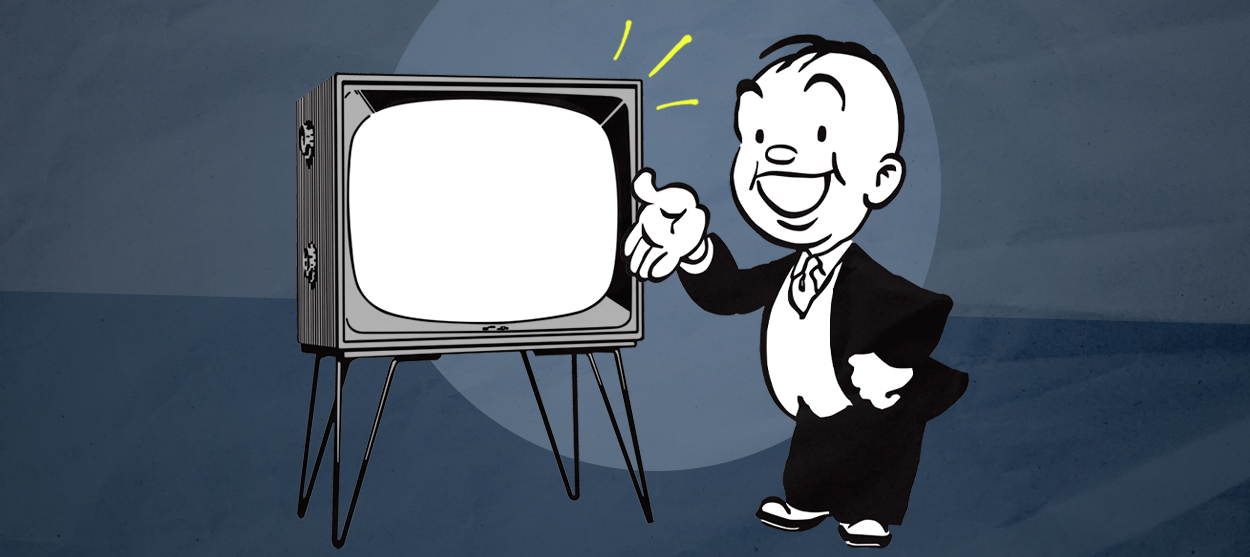 The hottest Super Bowl ad trend? Not running an ad.
The hottest Super Bowl ad trend? Not running an ad.The Explainer The big game will showcase a variety of savvy — or cynical? — pandemic PR strategies
-
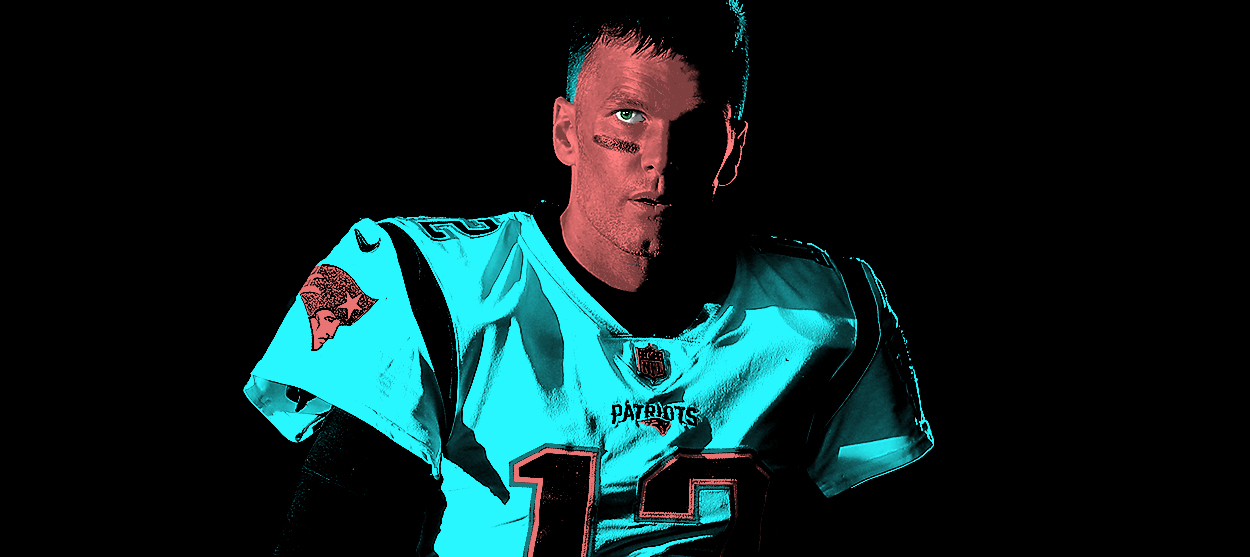 Tom Brady bet on himself. So did Bill Belichick.
Tom Brady bet on himself. So did Bill Belichick.The Explainer How to make sense of the Boston massacre
-
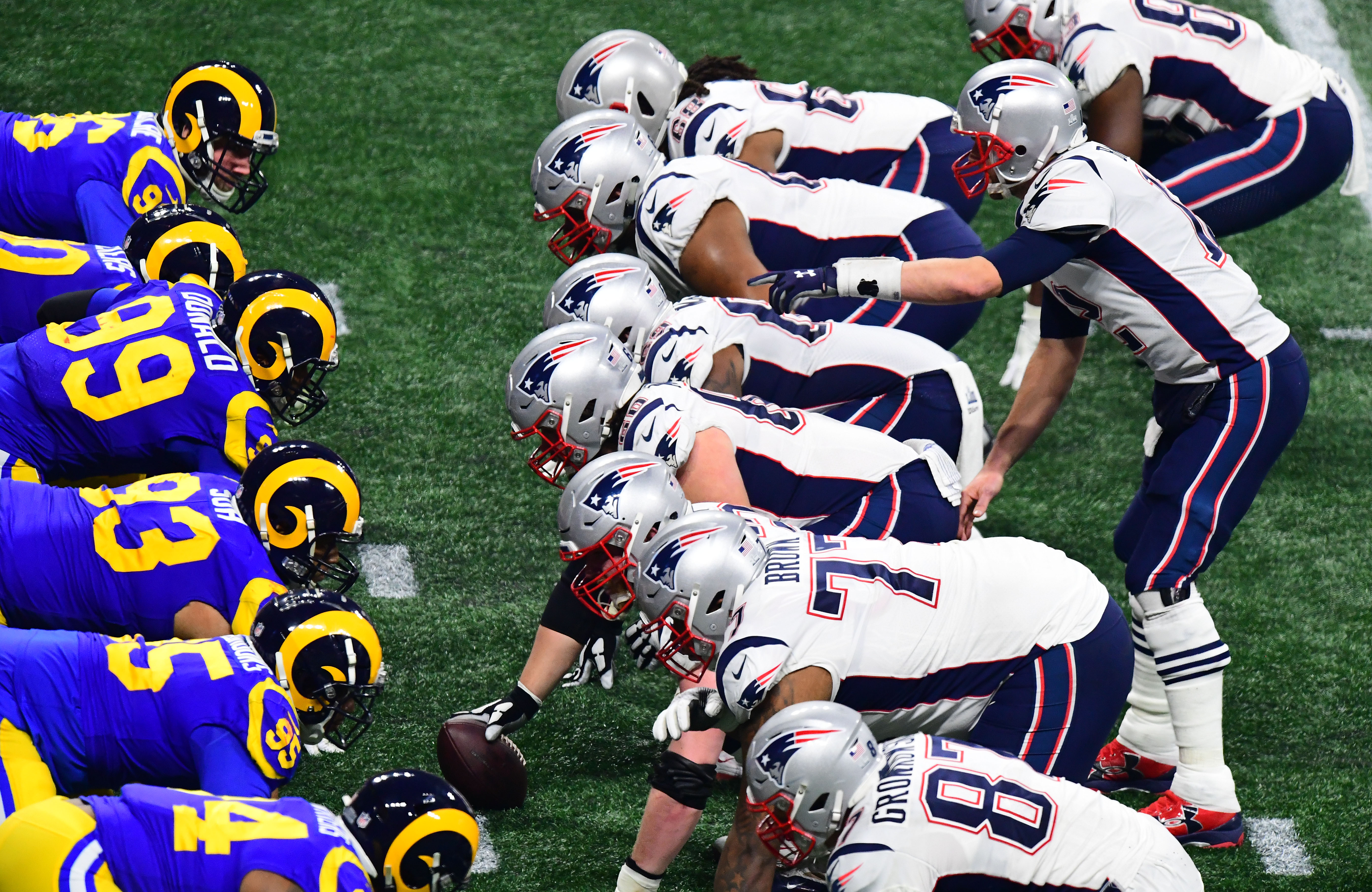 The 13 most exciting moments of Super Bowl LIII
The 13 most exciting moments of Super Bowl LIIIThe Explainer Most boring Super Bowl ... ever?
-
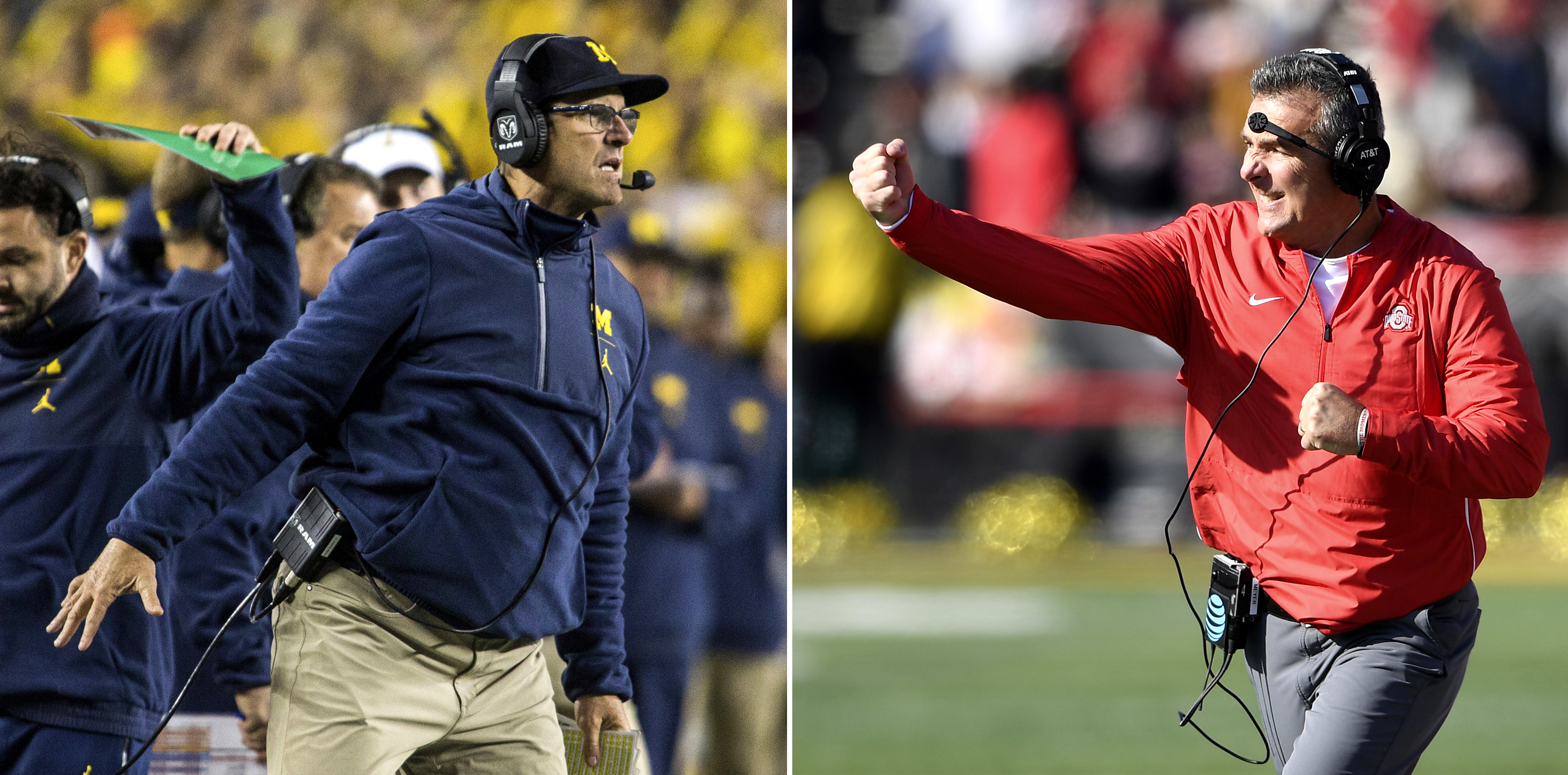 The enduring appeal of Michigan vs. Ohio State
The enduring appeal of Michigan vs. Ohio StateThe Explainer I and millions of other people in these two cold post-industrial states would not miss The Game for anything this side of heaven
-
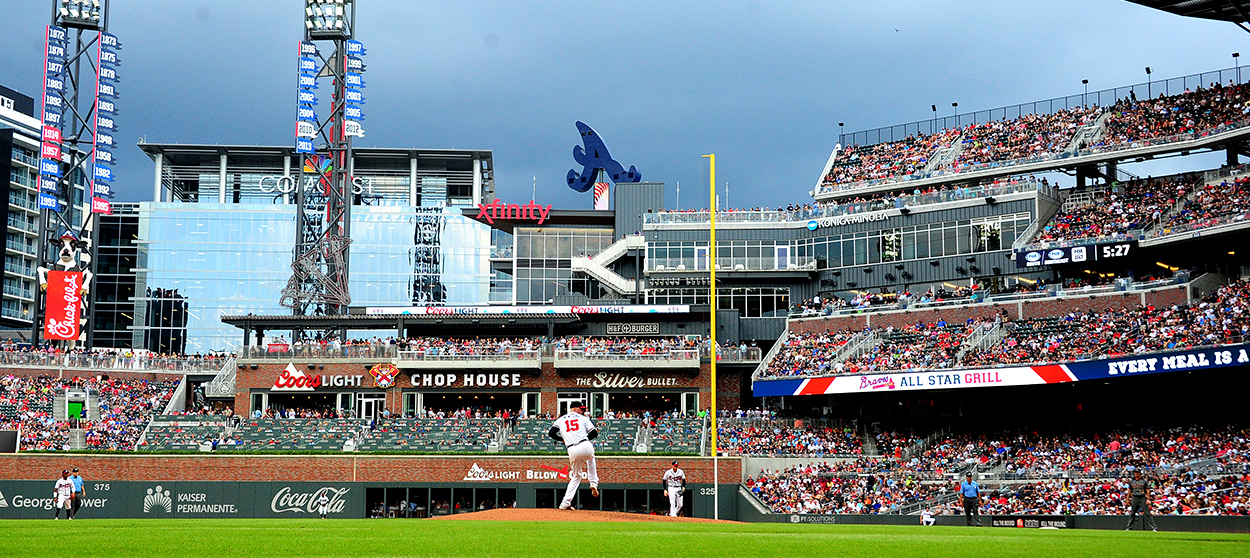 When sports teams fleece taxpayers
When sports teams fleece taxpayersThe Explainer Do taxpayers benefit from spending billions to subsidize sports stadiums? The data suggests otherwise.
-
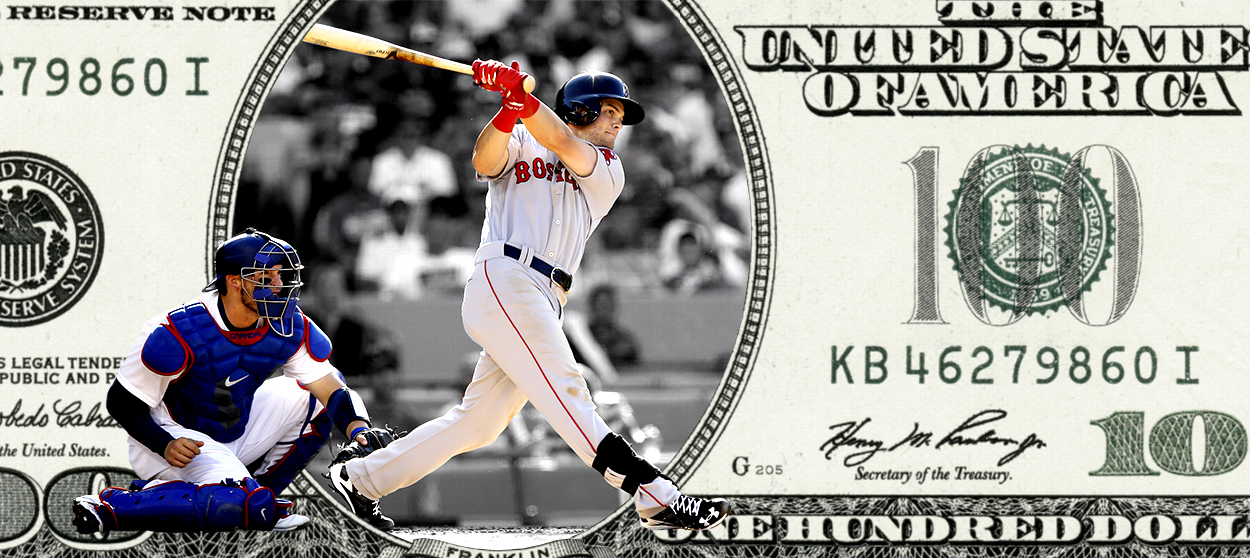 The 2018 World Series is bad for baseball
The 2018 World Series is bad for baseballThe Explainer Boston and L.A.? This stinks.
-
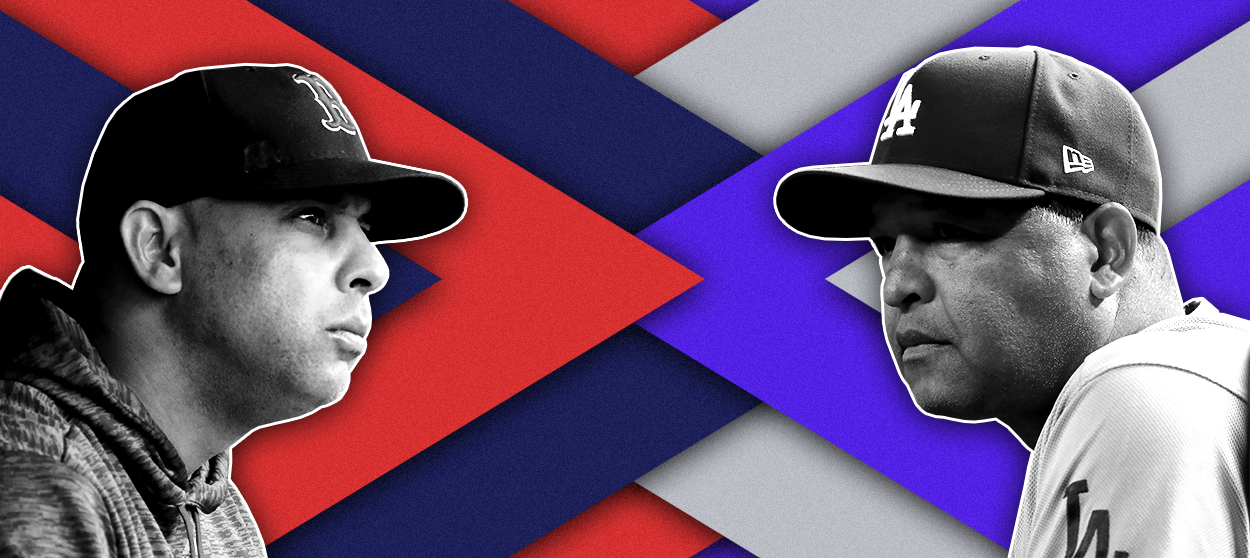 This World Series is all about the managers
This World Series is all about the managersThe Explainer Baseball's top minds face off
-
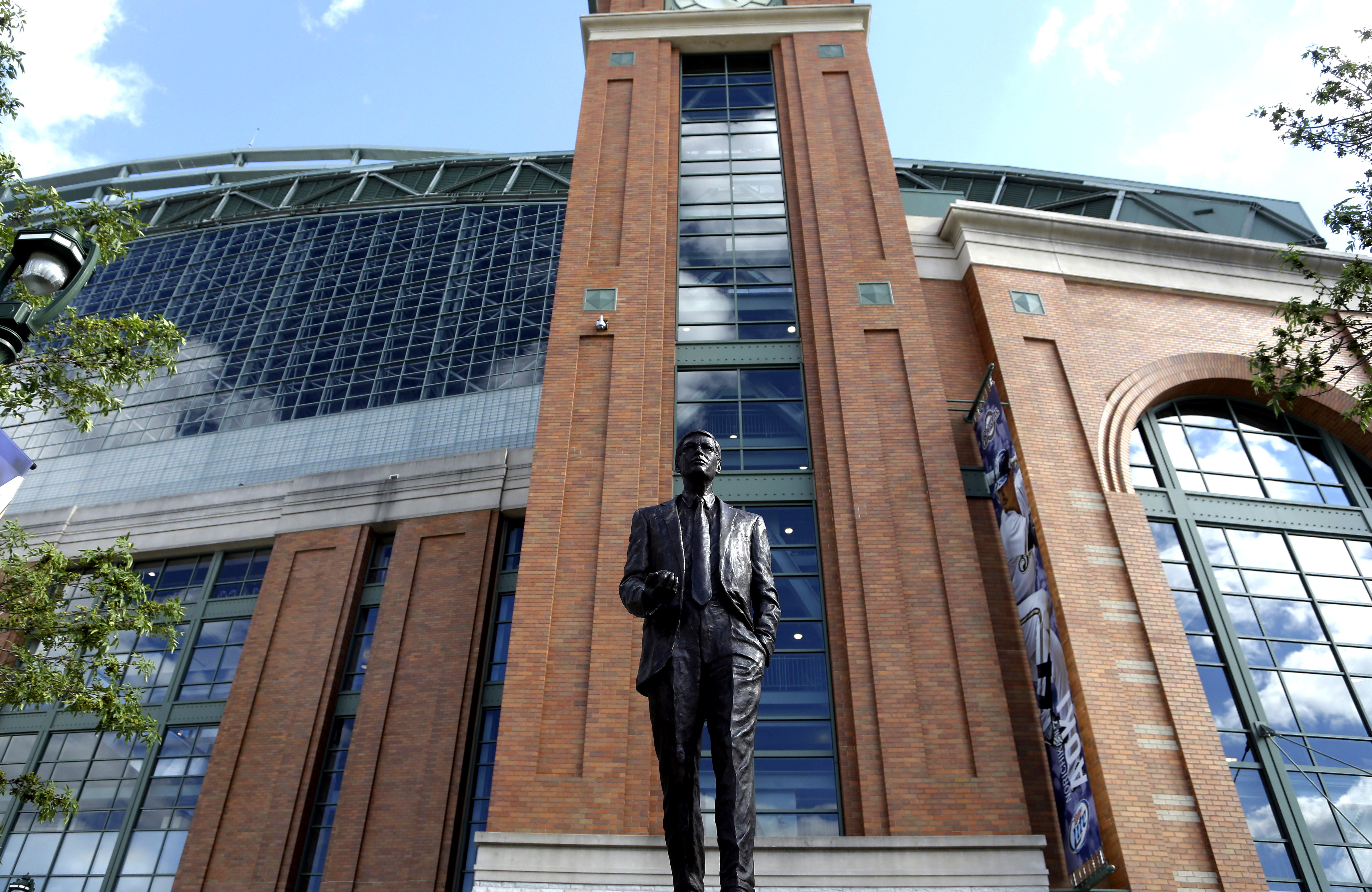 Behold, the Bud Selig experience
Behold, the Bud Selig experienceThe Explainer I visited "The Selig Experience" and all I got was this stupid 3D Bud Selig hologram
